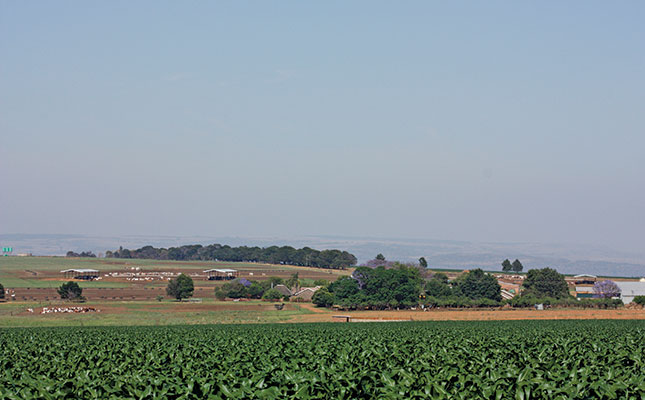
Of this, R1 billion would be allocated to financing projects involving black emerging farmers in an attempt to transform the sector.
This was according to Land Bank CEO, Tshokolo Petrus Nchocho, at a recent media briefing in Sandton.
This allocation formed part of the Land Bank’s new strategic direction, Vision 2020. One of the key features of this strategy was growing the agricultural sector in an inclusive and transformed manner, he said.
For the agricultural sector to grow and safeguard the country’s food security it needed to become accessible to emerging farmers Nchocho said, and added that role players in the sector needed to work together in this regard.
“Inclusive participation will certainly lead to sustainable growth, ensuring that as many people as possible contribute and benefit from the economic benefits driven by the sector,” Nchocho said.
He said, however, that funding alone was not the catalyst for growth, and that the Land Bank also aimed to accelerate transformation by facilitating partnerships between black entrepreneurs – including vulnerable groups such as women and the youth – and established farmers and agribusinesses.
The funds would be distributed through financial intermediaries, and Nchocho said several schemes had already been implemented, or were in the process of being concluded:
- A R25-million facility, administered by Sernick in the Free State, to support 59 emerging farmers in the livestock sector.
- A R240-million deal to enable a black consortium led by Mike Teke’s Masimong Holdings to acquire a shareholding in Mouton Citrus.
- Several loans to support an emerging black farmer to develop an 80ha table grape farm in the Hex River Valley, and to establish the largest black-owned packhouse and cold storage facility in the Western Cape.
“Working with commercial intermediaries will equip emerging farmers with the necessary skills [to] improve the quality of their outputs and provide access to markets through full participation in the industry value chain.”
The programme recently received a vote of confidence from the World Bank, which has extended a R1,3 billion credit line that would provide further impetus to the project, Nchocho said.










